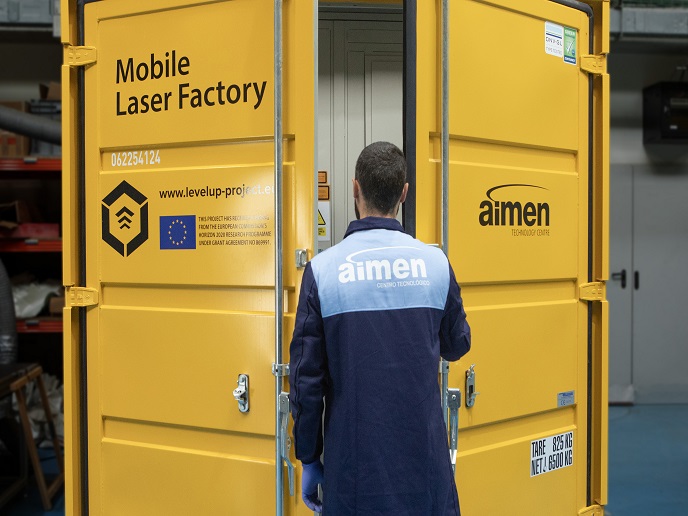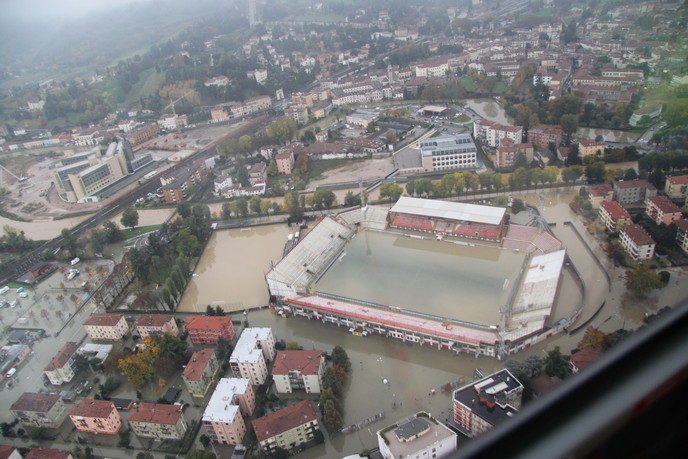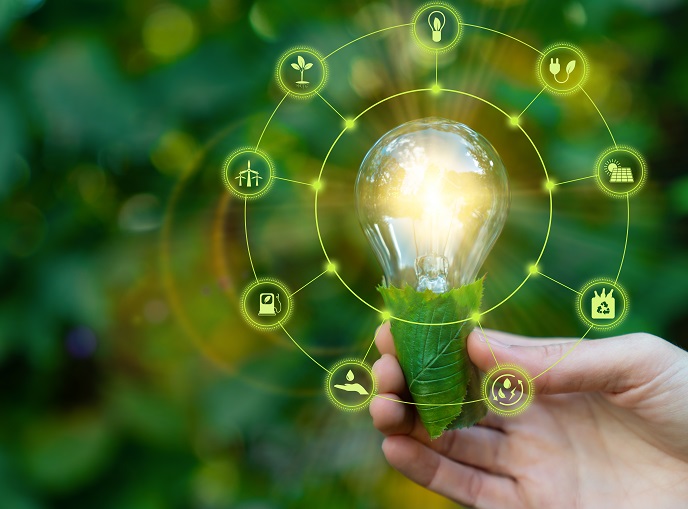The circular economy project keeping Europe’s gears of industry turning
Modernising manufacturing lines can mean functional equipment gets discarded, creating unnecessary waste. Small and medium-sized enterprises (SMEs) often lack the resources and knowledge needed to tackle both digitalisation and sustainable practices. The absence of standardisation and common terminology related to the circular economy has magnified these challenges. To address this, LEVEL-UP aimed to establish a standard framework for applying circular economy principles to extend the lifespan of industry assets. The project developed 10 circularity protocols, and an integrated advanced digital platform which measures every step of the manufacturing process so that it can be optimised. This enables SMEs to adopt a more sustainable approach to resource use, tackle overconsumption and significantly reduce their carbon footprint. Project coordinator Roi Méndez, from the AIMEN Technology Centre in Spain, outlines their mission statement: “LEVEL-UP’s vision was specifically designed to focus on the modernisation and digital transformation of product manufacturing, encompassing every stage of the life cycle and value chain.”
Scalable and sustainable
LEVEL-UP’s scalable digital platform allows users to optimise equipment use, simplify maintenance tasks and manage data, making it easier for smaller companies to adopt digital solutions. They also explored the potential of 3D-printing critical metal components to keep machines in service, avoiding the need for costly replacements and minimising downtime and waste. To achieve these goals, the project outlined 12 objectives, grouped into key areas: Digitalisation; Knowledge Management; Digital Twins; Inspection of Components; and End-of-Life Strategies. Once development was completed, the platform was rolled out at seven demo sites across Europe, each involving outdated large industrial equipment from different sectors with distinct requirements and business models. The pilots included manufacturers across Europe including machine tool producers, woodworking machines, and members of the automotive, railway and aeronautics industries.
Levelling up to the challenge
As with many digital transformation projects, LEVEL-UP faced some hurdles. Implementing digital tools often requires access to historical production data, which some companies were initially hesitant to share. And there was also initial scepticism towards using 3D printing for critical components. However, successful demonstrations and training initiatives helped overcome these concerns. Most interestingly, the initiative also highlighted the need for better communication between research institutions and industry: the project found researchers often develop complex solutions, while manufacturers need practical and user-friendly tools. Nonetheless, the project has been a great success. LEVEL-UP’s approach has been shown to extend the lifespan of large machinery by 5 to 10 years, reduce energy and resource use by over 10 % and increase the Material Circularity Indicator by over 20 %. In addition, all 10 circularity protocols have been defined and published, helping to standardise circular economy practices and contributing to CEN-CENELEC Workshop Agreement 18106 Circularity Protocols for extending the useful Life of Large Industrial Equipment, released in April 2024. This ensures consistency across various industries and facilitates the broader adoption of sustainable methods.
The future of industry
LEVEL-UP’s innovative approach to integrating circular economy principles and advanced digital technologies offers European industry an opportunity to extend the lifetime of industrial equipment, maximising return on investment and enhancing sustainability. Its legacy lies in its comprehensive approach providing valuable tools and methodologies that can be adopted by companies of all sizes – promoting a more competitive European manufacturing sector. “Thanks to the collaboration of our partners, and the commitment of the end users, LEVEL-UP has had very satisfactory results that will hopefully help translate to a higher return on investment for manufacturers,” concludes Méndez.
Keywords
LEVEL-UP, manufacturing, industry, machinery, circular economy, 3D printing, digital twin, knowledge management, Large Industrial Equipment







